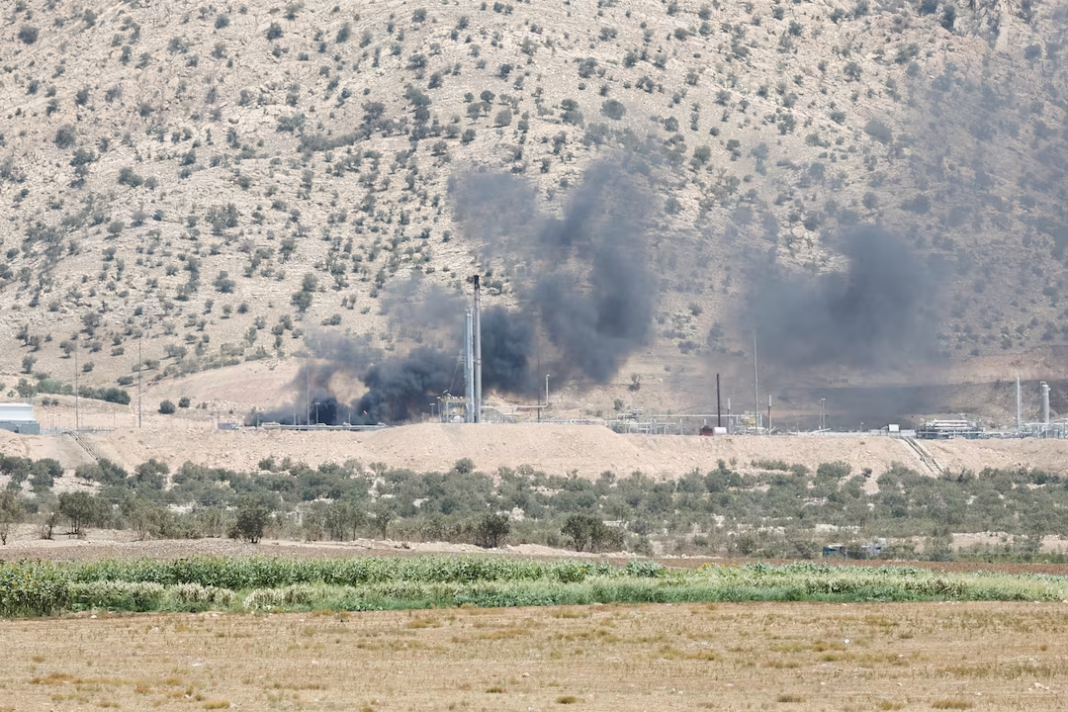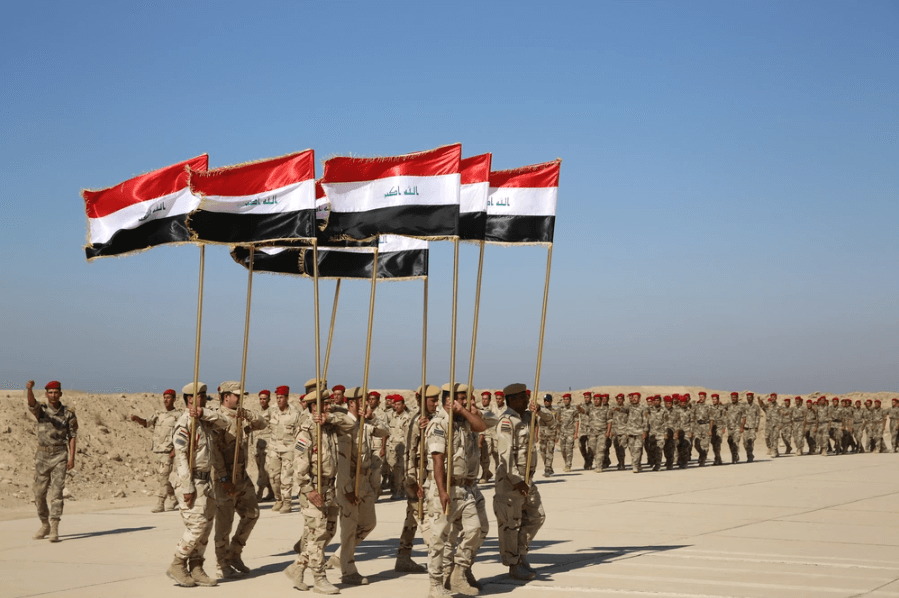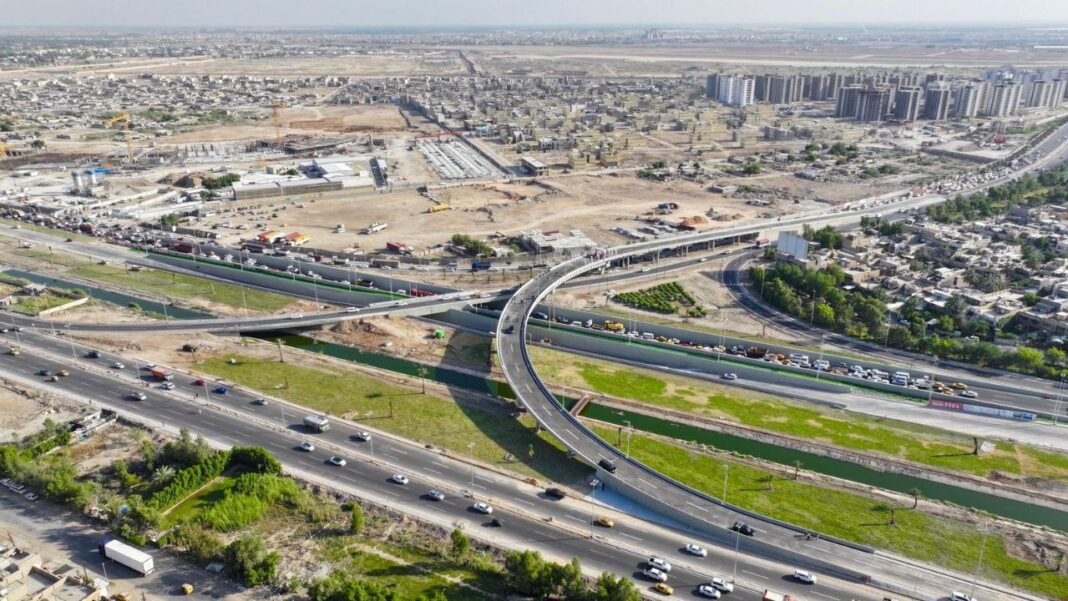Kurdistan Regional Government Interior Minister Rebar Ahmed revealed on Saturday that Erbil has detailed information about the drone attacks in the Kurdistan Region. However, he emphasized that authorities await the results of a joint investigation with Baghdad before sharing specific details.
“We know who builds the drones, how they launch them toward the Kurdistan Region, and what targets they aim for,” Ahmed stated during a press conference. “But we want the joint committee to finish its work and issue an accurate and fair report.”
Currently, the KRG and Iraq’s federal government have formed a joint technical committee that investigates the types of drones used. The committee also works to identify the armed groups behind the attacks. Ahmed said, “We must hold those responsible for these attacks accountable.”
In recent weeks, nearly 20 drone attacks targeted oil infrastructure and civilian areas across Erbil, Duhok, Kirkuk, and Makhmour. For instance, on July 30, an explosive drone crashed near the village of Duwgirdkan in Makhmour but did not detonate. Two days earlier, three drones crashed in Erbil, Duhok, and Kirkuk without causing injuries. So far, no group has claimed responsibility.
Earlier in July, explosive drones struck oil fields in Sheikhan, Chamanke, and Bahrka. These attacks temporarily halted production at five facilities, disrupting more than 200,000 barrels per day. Aziz Ahmed, deputy chief of staff to KRG Prime Minister Masrour Barzani, stated that the drones that hit the oil fields were launched from Dibis district in Kirkuk.
“The suicide drones that targeted Kurdistan’s oil fields last week flew from Dibis, Kirkuk,” Aziz said on X. “We know exactly who is behind these attacks and where they come from.”
Following the escalation, Iraq’s National Security Adviser Qasim al-Araji led a federal delegation to Erbil on July 28. The group included members from the Popular Mobilization Forces, Iraqi Intelligence Service, National Security Service, and counter-terrorism units.
At a joint press conference, al-Araji stressed that the Kurdistan Region and Baghdad share closely linked security. “The strength of the region supports Baghdad, and Baghdad supports the region,” he said. “Any attack on Iraq’s economic interests harms all Iraqis.” He confirmed that investigators have started their work but warned it’s too soon to assign blame.
Although Rebar Ahmed called the visit “reassuring,” he expressed frustration over officials’ failure to hold perpetrators accountable for previous attacks. “Several committees investigated past incidents and reached conclusions,” he said, “but authorities did not take action against those responsible or set clear boundaries.”The drone attacks in the Kurdistan Region remain a critical issue as authorities await the joint committee’s final report. Meanwhile, the region continues to face security challenges that threaten both civilians and vital infrastructure.



